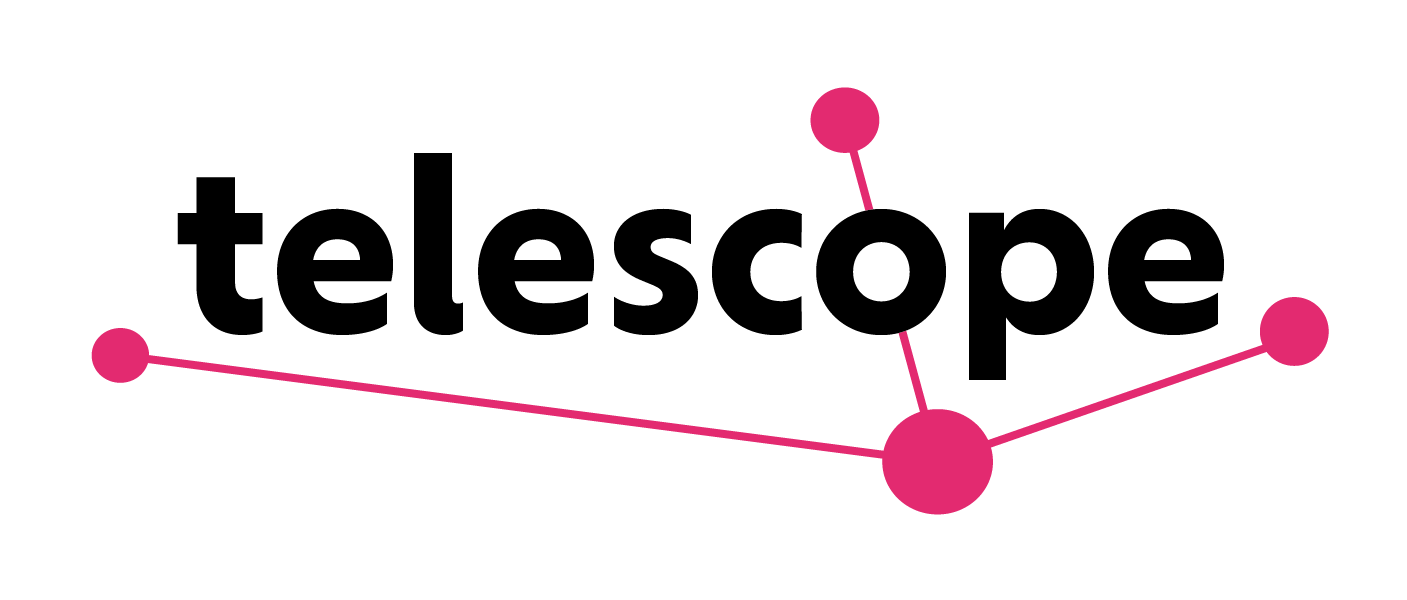Launching our new mutual mentoring programme
It’s a core belief of our work at Telescope that good policymaking starts by bringing the right people together. We know that the UK’s policymakers are smart and committed to making change, but struggle to find ways to learn from people tackling issues on the frontline. Meanwhile, practitioners working across public service delivery have deep expertise and inspiring ideas about how to make services better, but don’t have their voices heard. We want to bridge that gap.
Often, our programmes bring together a group of stakeholders, whose unique perspectives on a problem, when combined, can be hugely powerful in creating new solutions. Group settings can be intimidating, but they can also allow facilitators to break down traditional power dynamics and bring seldom heard voices to the forefront in a supported collective environment.
But we also know the value of bringing together individuals in a pair, building direct connection and honesty that can sometimes be hidden in group settings. Through our first Connect programmes at the beginning of the Covid-19 pandemic, we linked up policy and frontline professionals working in transport and in justice for 6-week virtual programmes, providing what one participant described as a “penny-drop moment” - of finally understanding what it was like to be working on the ground to implement the types of policies her team was developing.
Both approaches have real value to offer. And so we’re piloting a new programme that combines the two.
Drawing on all our experience, and supported by Policy Profession, on March 24th we officially kicked off a mutual mentoring programme between individuals in the civil service from the Policy Profession and the Operational Delivery Profession. This 7-session programme combines self-led pair mentoring sessions with 3 facilitated sessions as a cohort.
The group
For this mentoring programme, we’ve carefully selected 5 pairs of purpose-driven changemakers from across multiple different departments within government. We have paired participants partly on sector similarities (e.g. Home Office roles relating to immigration) and partly on their role-specific duties (e.g. responsibility for managing a large operational team). We hope that this mix of skills- and insights-based pairings will spark a series of really rich conversations that can continue long after the programme has been completed, creating a growing network of policy and frontline professionals working innovatively together to solve the challenges of society. By bringing together so many roles and departments, we can benefit from a cross-fertilisation of ideas that can push past boundaries and drive change.
Our aims and hopes
This programme, like with lots of the work we do at Telescope, is ambitious in its goals. We want to support all frontline and policy participants to undertake a personal development journey with their mutual mentor, developing empathetic leadership skills through communication and active listening training. Each person will set individual goals specific to their role, and each pair will also set themselves some learning goals to challenge the way they interact. Alongside confidence and empowerment benchmarking for individuals, we’re measuring professional development metrics like connections across the sector, skills relevant to professional responsibilities, and how access to broad sources of information affects people’s ability to do their jobs well.
We are also targeting wider systems goals. In our other Telescope learning journeys, we have taken participants through three stages - building empathy, sharing insights, and identifying opportunities for change. On the basis of deep insight, we aim to support people to think creatively, sketching out prototypes and small changes in practice that could deliver big impact. And with such a breadth and depth of expertise in the cohort, we’re hugely optimistic. As the group improves their understanding of the challenges of policy design and development, alongside meaningful empathy-building and deep listening to different perspectives, we hope to lay the foundations for much more collaborative policymaking in future.
Stay tuned for more updates from this programme, running between March and May 2023.


